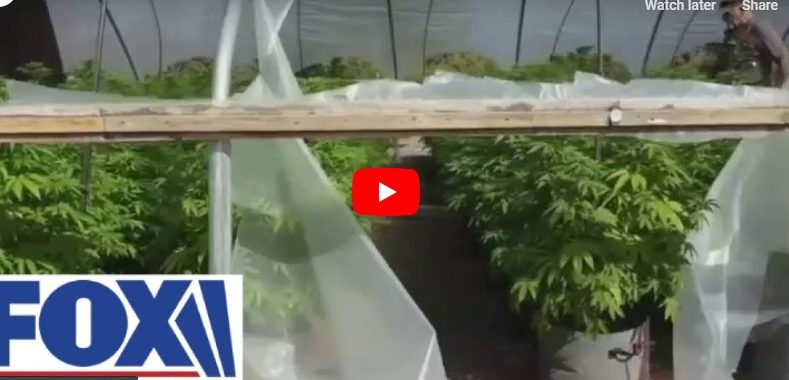Federal Legislation Would Ban TikTok or Force Its Sale as Concerns Grow Over the Social Media App

The Wall Street Journal recently reported legislation in Congress would ban the popular social media app TikTok in the U.S. or force its Chinese-based parent company to sell the platform. President Biden reportedly backs the measure. Congress is expected to vote on the bill today.
With an estimated one billion users worldwide and 150 million in the U.S., TikTok is considered by some to be the most popular social media platform in the world — especially among teens and young adults.
However, the company has struggled to protect private user data from entities in China, and the platform has faced criticism for letting its algorithm serve users what some call a steady “diet of darkness” online.
That’s part of the reason the Arkansas Attorney General’s office has sued TikTok and Meta — the company that owns Facebook and Instagram — arguing among other things that that the platforms’ algorithms force feeds many children a non-stop diet of objectionable content. Much of the evidence cited in the A.G.’s lawsuits corroborates what reporters at the Wall Street Journal and elsewhere have found.
One of the A.G.’s lawsuits alleges that TikTok failed to fully disclose that TikTok is subject to Chinese law — including “laws that mandate secret cooperation with intelligence activities of the People’s Republic of China.”
Another lawsuit calls the TikTok app “a Chinese ‘Trojan Horse’ unleashed on unsuspecting American consumers,” and notes that “tens of millions of minors use TikTok in the United States.”
Once on the TikTok app, the Arkansas Attorney General’s office writes that TikTok’s algorithm “force-feeds” many children a non-stop diet of objectionable content — including sexual content, nudity, and violence.
The lawsuit also alleges much of this content is available to teenagers even when using the app’s Restricted Mode that is intended to filter inappropriate material.
Last year the Arkansas Legislature passed the Social Media Safety Act — a good law by Sen. Tyler Dees (R – Siloam Springs) and Rep. Jon Eubanks (R – Paris) requiring major social media companies to ensure minors don’t access social media platforms without parental consent. A social media company that violated the law could be held liable.
In response, tech giants — such as Facebook, Instagram, Twitter, and TikTok — sued to strike down the Social Media Safety Act as unconstitutional.
Last summer U.S. District Judge Timothy Brooks in Fayetteville issued an ordering blocking the State of Arkansas from enforcing the Social Media Safety Act.
Among other things, Judge Brooks’ ruling claims that Arkansas’ Social Media Safety Act is unconstitutionally broad and vague, and that most social media content is not “damaging, harmful, or obscene as to minors.”
The truth is there’s mounting evidence that — by design — social media platforms like TikTok may deliberately push objectionable content to kids and put users’ personal information at risk. With that in mind, it’s good to see policymakers taking action to rein in these tech giants.
Articles appearing on this website are written with the aid of Family Council’s researchers and writers.



